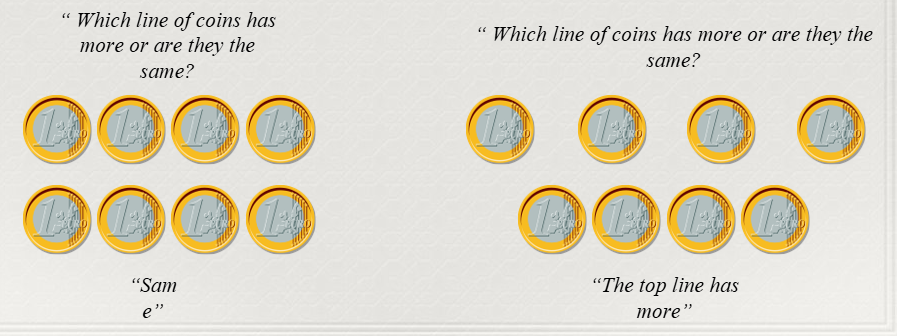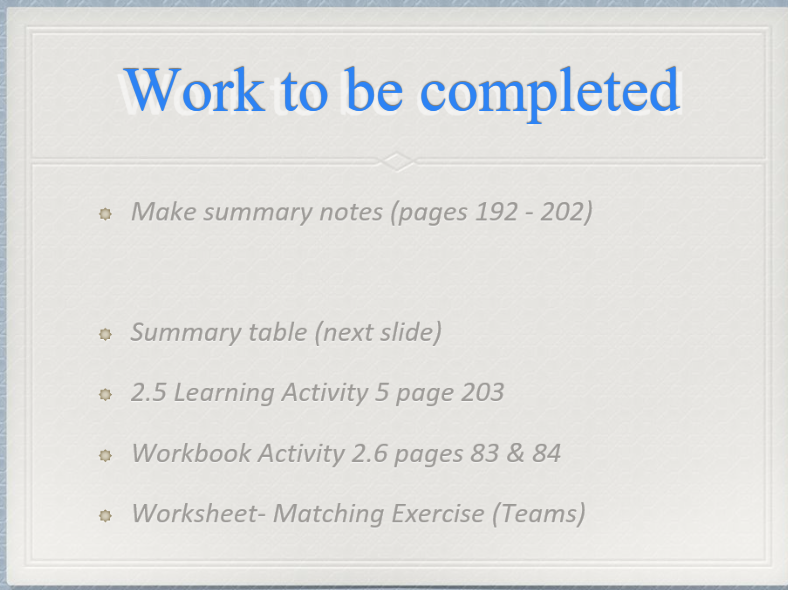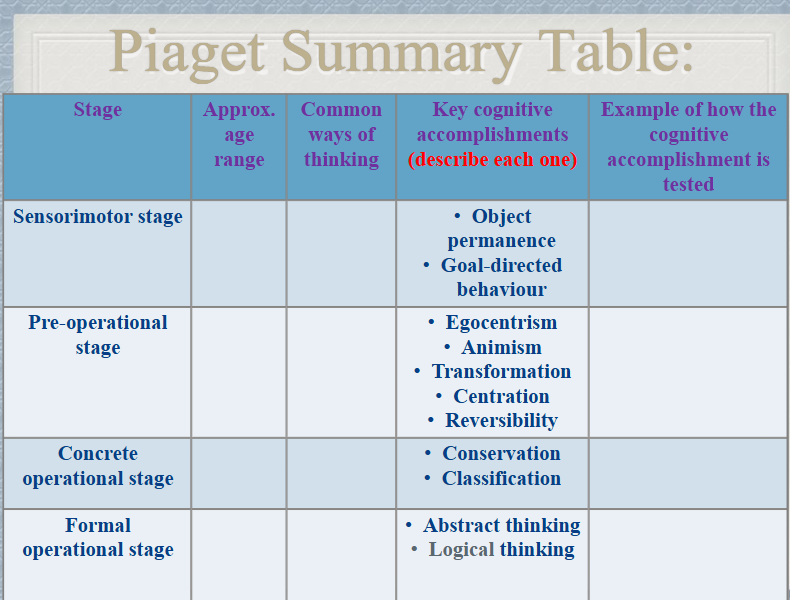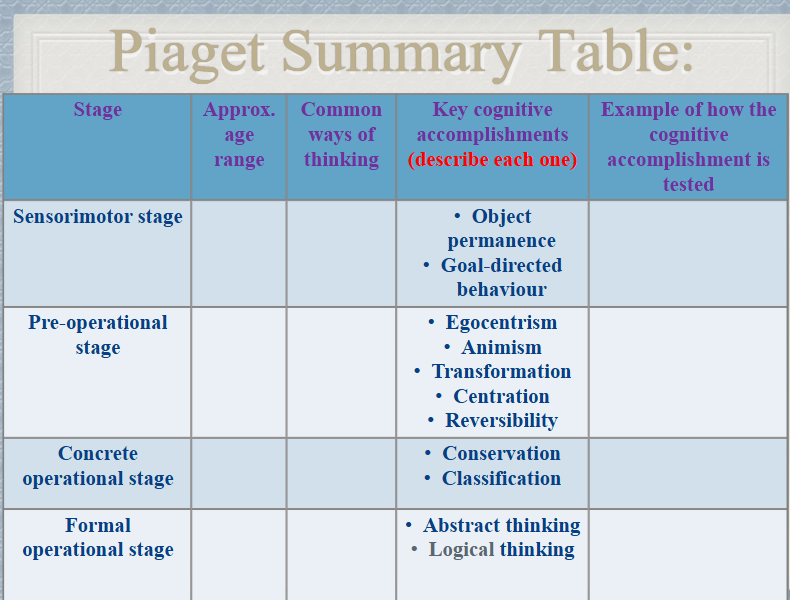2.2 Stages of cognitive development
Piaget’s theory proposes that we move through four distinct sequential stages from birth to adult hood
stages can not be skipped and occur in the same order for developed mental capabilities
1) Sensorimotor stage (birth - 2 years)
2) Pre-operational stage (2-7years)
3) Concrete operational stage (7-12 years)
4) Formal operational stage (12+ years)
Sensorimotor stage (Birth - 2 years)
sensorimotor stage: the first stage when infants explore and learn about the world primarily through coordinating sensory experiences and motor activities
Stages:
Month 3: integrate sensory and motor information & coordinate behaviour to : grasp object, turn towards noise.
Object permanence:
in Piaget’s theory, understanding that an object still exists even if it cannot be seen, heard or touched
→ may show no interest if a person leaves a room because they believe they don’t exist any more/ why peekaboo is fun for infants
Goal-directed Behaviour
Ability to successfully complete a sequence of actions with a particular purpose in mind
Pre-operational stage (2-7)
be able to internally represent events, thinking thus becomes more complex
key accomplishments:
Egocentrism
Animism
Transformation
Centration
Reversibility
Egocentrism
Inability to see things from another person’s perspective (physically and psychologically)
→in the pre-operational stage children shift from being egocentric to decentered thoughts
eg/ tested by using a two sided card and flip to see if the child knows what is on the other side
Animism
believes everything that exists has some kind of consciousness or awareness
eg/ hitting the table and saying sorry, seeing sap from a tree and saying the tree is sick
Transformation
understanding that something can change from one state to another
Centration
ability to focus on one quality or feature of an object at a time
eg/ able to focus on a single line out of many lines and telling which is longest
Reversibility
Follow a line of reasoning back to it’s original starting poking
eg/ boy is asked if he has a brother and he answers “ Yes his name is Jimmy”
Boy is asked “does Jimmy have a brother?” Boy says “no”
Concrete operational Stage (7-12)
thinking in this stage revolves around what they know and what they can experience through their senses
Conservation
idea that an object does not change it’s weight, volume or area if the object changes shape or appearance

Classification
Able to organise information into categories based on features that set them apart from other groups
eg/ separating coloured beads and determine which colour beads is most
Formal operational stage 12+
More complex thought processes become evident and thinking becomes increasingly sophisticated
abstract thinking
not having to rely on being able to see or visualise things in order to understand concepts
eg/ understanding ethical principles, good vs bad
logical thinking
able to develop strategies to solve problems, develop hypotheses and systematically test solutions
eg/ time and distance, ability tothink and behave in an idealistic way
criticism of piaget’s theories
age ranges for each stage more widely
he based it on his 3 own children
technically do not have to accomplish one stage before moving onto the next


